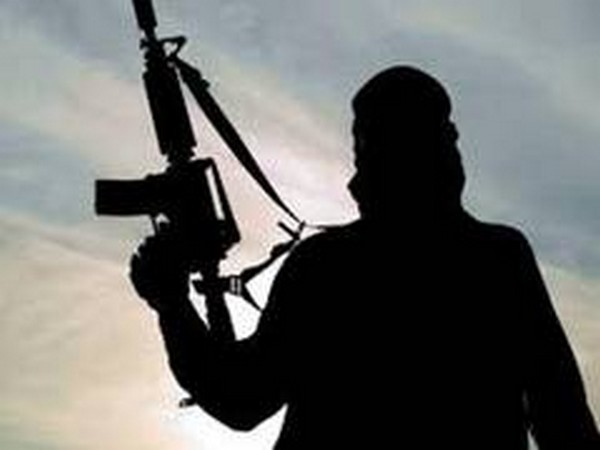
The UN human rights office, OHCHR, expressed its disapproval of the alleged first public execution in Afghanistan since the Taliban took control last year.
Since the extremist group took control of the nation last year, the Taliban have executed one man in public, according to Voice of America (VOA). The public execution, according to Taliban spokesperson Zabihullah Mujahid, took place in a stadium in western Farah province. The execution was seen by hundreds of individuals, including the group’s top leaders. The executed victim, according to the Taliban spokesperson, was tried in Taliban courts and subsequent appeal tribunals.
OHCHR spokesperson Jeremy Laurence described it as a “deeply disturbing” development. Moreover, he added, it was performed in the presence of local residents and some senior members of the de facto authorities.
Reminding that public executions constitute a form of “cruel, inhuman, or degrading treatment or punishment,” he stressed that they are “arbitrary in nature and contrary to the right to life protected under the International Covenant on Civil and Political Rights, to which Afghanistan is a state party.”
According to news reports, the man who was executed had been charged with murder in western Farah province five years earlier after being suspected of fatally stabbing another man. According to a Taliban spokesperson, the victim’s father carried out the execution.
There were reportedly around a dozen prominent Taliban officials present. The nation’s supreme court recently approved a return to public beatings of both men and women for crimes like robbery and adultery.
According to Jeremy Laurence of OHCHR, the use of the death penalty is incompatible with the core principles of human rights and cannot be justified while fully upholding the right to life.
“We urge the de facto authorities to establish an immediate moratorium on any further executions and act swiftly to prohibit use of the death penalty in its entirety”.
The UN Assistance Mission in Afghanistan (UNAMA) echoed that message on social media. “The UN strongly opposes the death penalty in all circumstances”, it tweeted, urging the Taliban to establish an immediate moratorium on executions, “with a view to abolishing the death penalty”.
In the meantime, the Taliban has come under fire from the United States after allegations of public floggings and executions of Afghan citizens by the militant Islamic group surfaced.
At the briefing for the media on Wednesday, Ned Price, a spokesperson for the US State Department, said: “This signals to us that the Taliban intend to – seek a return to their regressive and abusive practises of the 1990s.”
“We’ve seen the reports that the Taliban has ordered judges to impose their interpretation of Sharia law. That includes public executions, amputations, and floggings. We’ve seen the reports of a public execution today,” the state department spokesperson said during a press briefing.
Taking note of “despicable videos circulated online”, Price said, “It was an affront to the dignity and the human rights of all Afghans then; it would be an affront to the dignity and the human rights of all Afghans now.”
In August 2021, the Taliban seized control of Afghanistan and enacted laws severely curtailing fundamental rights, especially those of women and girls. The Taliban have restricted critical reporting, imprisoned journalists, and physically assaulted journalists.